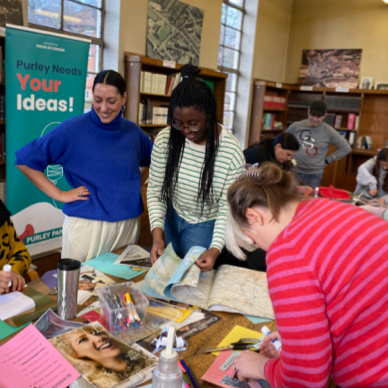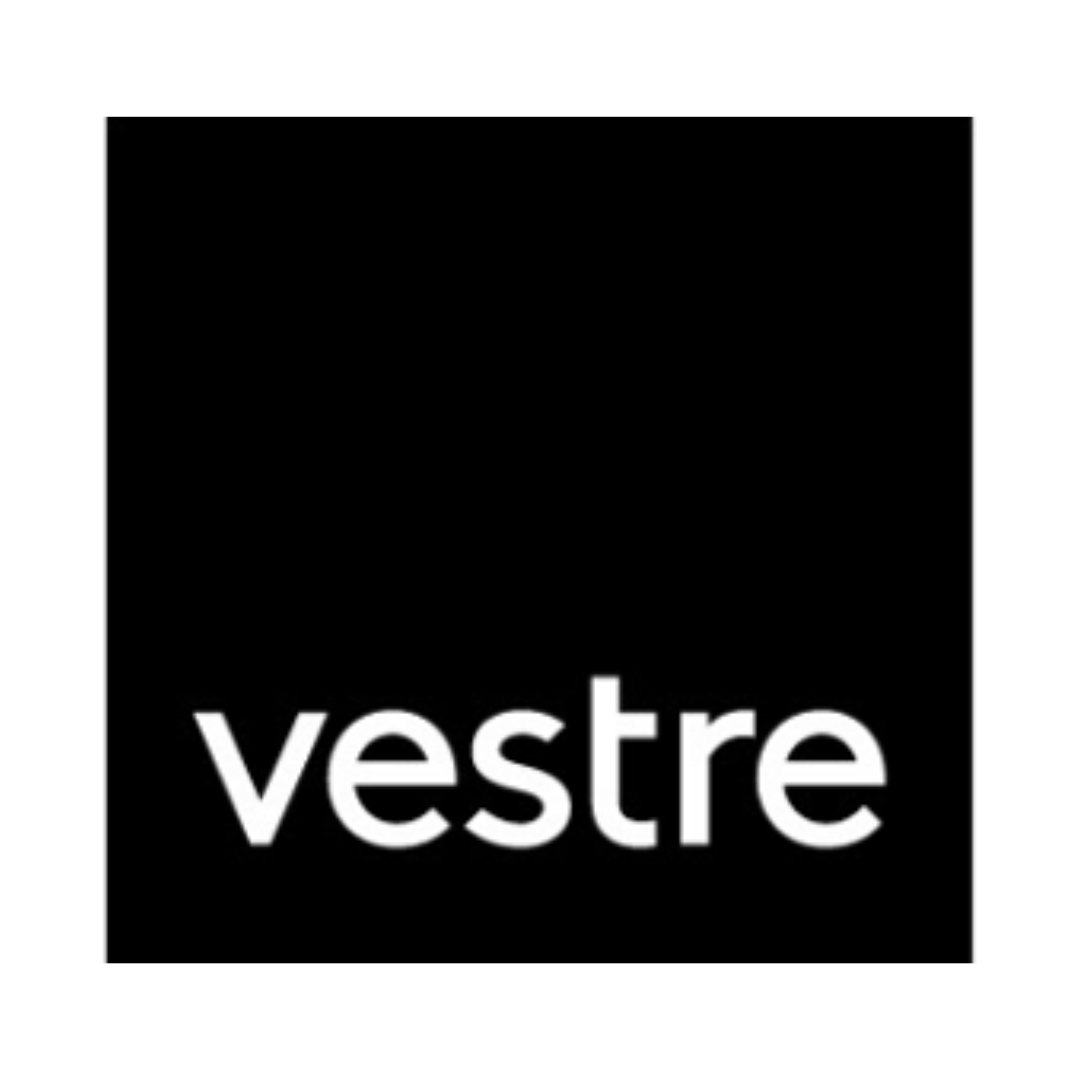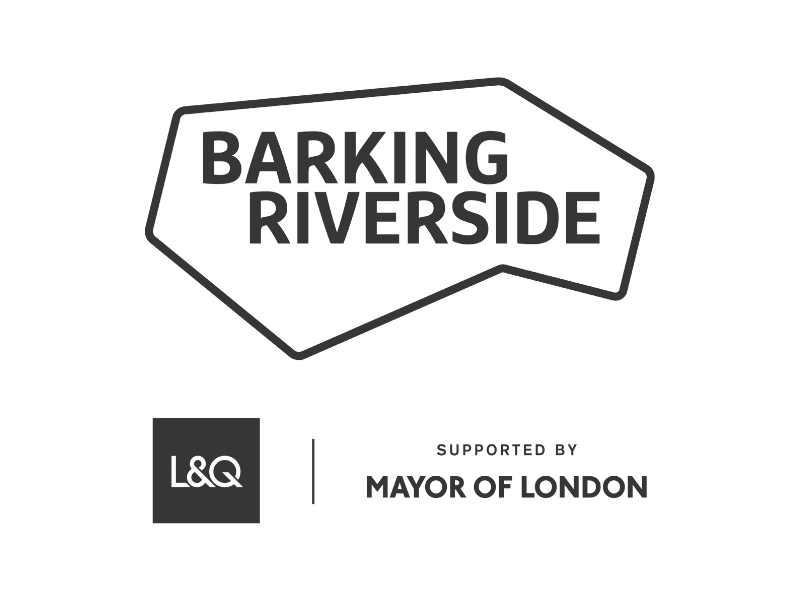Project showcase
Purley Regeneration Framework and Community Vision, Croydon – Croydon Council with Urban Symbiotics

In early 2020, Croydon Council appointed Urban Symbiotics to lead a multi-disciplinary team in developing a strategic regeneration framework for the district centre and surrounding area of Purley. To create a genuinely community-led vision, engagement included visual questionnaires, interactive school assembly workshops, digital mapping and the Purley Panel – a group of people demographically representative of Purley.
Who is on the project team?
Urban Symbiotics leading a multi-disciplinary team to create a framework supported by Mcgregor Coxall, Gbolade Studio, Momentum and Graham Harrington Planning Advice. Hanna Benihoud Studio codesigning a mural for female footpath safety.
Describe the context of the community engagement. Why did the engagement take place?
In early 2020, Croydon Council appointed us (Urban Symbiotics) to lead a dynamic and multi-disciplinary team in developing a strategic regeneration framework for the district centre and surrounding area of Purley. With the rapid development planned, we knew that a bold initiative was required to transform Purley from a place suffering from neglect and decline into a thriving and vibrant community for residents, businesses, and visitors alike.
This need was pressing as Purley faced numerous challenges, including a complicated gyratory at its heart that caused traffic congestion and air pollution, a shortage of green spaces, and a struggling high street.
Additionally, the area was at risk of becoming segregated, with a divide between the historic suburban residents and a newer, more diverse population entering through planned residential developments. Our goal for the framework was to place the community at the centre, a community that felt neglected, unheard, and unhappy with the incoherent and uncoordinated development.
To create a genuinely community-led vision, we developed a flexible and resilient engagement strategy that could adapt to changing circumstances. This included dealing with the challenges posed by the pandemic and the financial difficulties faced by our client, Croydon Council. Despite these difficulties, our strategy succeeded in aligning the principles of the regeneration framework with the community’s legacy, allowing it to adapt, grow, and thrive. The community is still implementing vital elements of the framework today.
Tell us what you did, and how you did it. What was your approach in talking to the community?
We took a hands-on approach to engage the community. We started by gaining a deep understanding of the area, using demographic, socio-economic, and tenure data to develop a customised strategy that met the unique needs of different individuals and groups. When lockdown restrictions were put in place, we used a bespoke digital tool called "Purley My Map" to gather insights from community leaders, councillors, business representatives, community members and stakeholders. With this data in hand, we formed the Purley Panel – a passionate group of people from all walks of life and demographically representative of Purley, who worked together as a steering group to gather and take the community’s issues and aspirations and turn them into co-designed actionable plans. From customised visual questionnaires and interactive school assembly workshops to pizza nights with teenagers and business forum sessions, we ensured that our engagement process was accessible to all and went the extra mile to engage people where they were. Through the Purley Panel, the views, needs and aspirations of a large and varied number of people were captured from the mosque, local churches, parent groups, youth projects, food banks, local schools, care homes and resident associations, amongst others.
Post-pandemic, we also held a "Super Saturday" event on the high street, filled with creativity and entertainment, to bring the community together and inspire change. Overall, we made sure to break down barriers to participation such as time, affordability, and interest and sought ways to ’go to individuals and groups.
How were the results of the community engagement incorporated into decision making? Have you continued the conversation? Will the community stay involved?
Our approach to community engagement resulted in recommendations from the framework being written into Croydon Council’s local plan review which will be adopted this year. The framework principles will shape the vision for Purley’s growth up to 2039. We also translated the framework into a community focussed manual of change. This provides advice about projects, tools and resources that residents can use to take charge of their own neighbourhood.
The independent Purley Panel has now become a force for making the community vision come to life We have continued to successfully support and capacity build the Purley Panel to enable a sustainable legacy for the area beyond the project scope. This was to ensure that community-led change is realised. Success has included support of the Panel gain two rounds of circa £200,000 of GLA funding through its recognition as Mayor’s High Street For All exemplar within the borough.
The Purley Panel has also sparked a broader and more cohesive network of community groups named the ’Purley Group Collaboration’ and have even successfully launched the Purley festival. This has been a significant step towards more local social cohesion whilst mitigating business closure and addressing the three pillars of sustainability.
The GLA funding is now being used to co-design a variety of under-utilised assets for community use and events, such as a central path to the high street that is safe for all, and a transformable placemaking toolkit to support different activities and greening in the public realm.
Describe your environmental or social impacts and your sustainability approach.
Our approach to sustainability was at the core of this programme with a deep understanding that social, environmental and economic issues were at the centre of Purley’s challenges and required a radical community-focused response.
Through direct engagement with the Purley Panel, we gathered over a1000 insights from a representative mix of the community to understand their social needs. It was clear the community’s aspirations were for a Purley where existing and new residents could live in carefully designed lifetime homes to achieve a lifetime neighbourhood and a lifetime community that welcomes, serves and is accessible to people of all ages.
These aspirations and challenges are now being addressed through targeted interventions led by the Purley Panel and funded by the GLA including accessible town centre routes, supporting dementia friendly initiatives and specialist workshops to design public spaces that are safer for women and girls.
From an economic perspective, we built upon business and community insight to develop an economic strategy to mitigate high street decline by developing a co-created programme of events which will be piloted Spring/ Summer 2023.
Purley suffers from flooding, pollution and vehicular traffic domination. Our strategy focussed on working with the Council, Tfl as well as residents, businesses and change-makers in the community implement blue and green public areas in Purley, creating carbon sequestration, pollution barriers and some flood mitigation. Improved connections between the station and transport hub will also hope to see the high streets accessed by more pedestrians throughout all times of the day.
Festival of Pineapples
24-26 February 2026
Pineapples prize giving night
April
Pineapples at Festival of Place
10 June 2026
© The Pineapples - Tweak Ltd. 124 City Road, London, EC1V 2NX. Tel: 020 3326 7238





